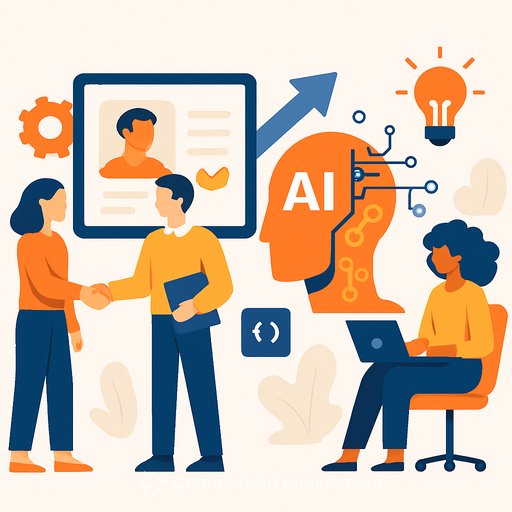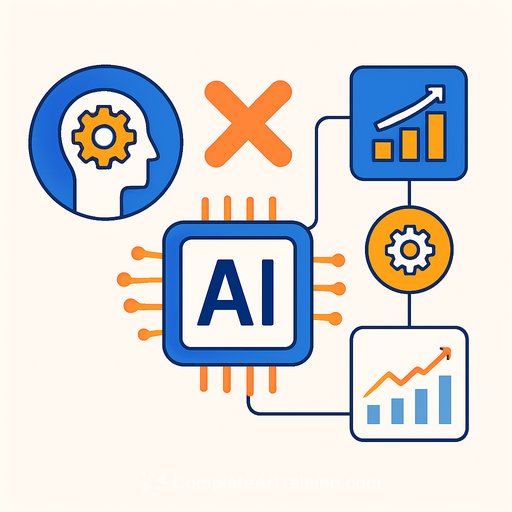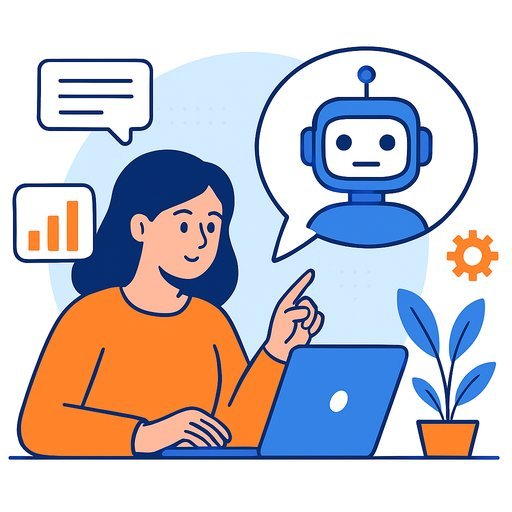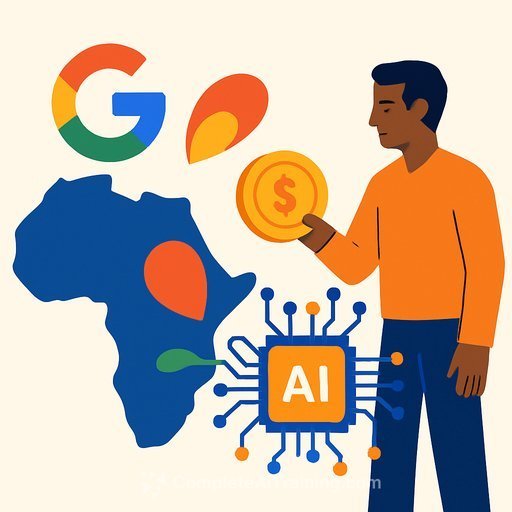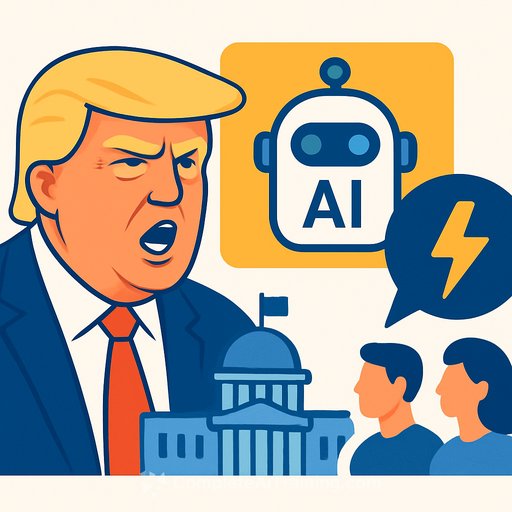9 AI Development Skills Tech Companies Want
Artificial intelligence is becoming a core part of software development. Companies use AI to automate tasks, speed up projects, improve code quality, and boost developer productivity. From bug detection to code generation, AI tools are changing how developers work.
If you’re aiming for a role in an AI-driven company, it’s crucial to know what skills hiring managers prioritize. Here’s a clear list of the top AI development skills tech companies want right now.
1. Assessing AI’s Impact on Business
Developers must understand not just AI concepts like machine learning or deep learning, but also how to apply them to meet business goals. It’s about knowing when and why to use AI, not just how it works. Successful AI integration depends on balancing traditional software methods with AI, embedding models in workflows that deliver measurable results.
For example, recognizing how AI can improve customer support automation or increase conversion rates is key. Developers should focus on the value AI brings to business processes—not just model accuracy.
2. Data Infrastructure, Management, and Analytics Experience
AI thrives on data. Developers need skills in managing large data pipelines, data cleaning, labeling, and analytics. Poor data quality leads to weak AI models, so familiarity with modern data stacks, SQL, and cloud-native tools is essential.
Understanding distributed data platforms, stream processing, event-driven architectures, and real-time analytics is becoming increasingly important. Building feature stores optimized for machine learning, automating data validation, and managing training versus inference data differences are also critical skills.
3. Integrating AI Tools with Existing Systems
AI tools must work seamlessly within current systems to be effective. Developers need to integrate AI algorithms with legacy tools like SCADA systems in industrial environments or other real-time data sources. Creating reliable data pipelines that feed live data to AI models is part of this skill set.
4. Ensuring AI Safety and Reliability
In sectors like industrial manufacturing, AI failures can have serious safety consequences. Developers must build monitoring systems that detect unreliable AI predictions and implement fallback mechanisms to traditional controls. Redundancy systems and thorough testing under edge cases and adversarial conditions are vital.
5. Cloud-Based AI Deployment Expertise
Cloud platforms like AWS, Google Cloud, and Microsoft Azure dominate AI deployments. Developers should be comfortable deploying AI models in the cloud and integrating them through APIs. Familiarity with open standards such as the Model Context Protocol (MCP) helps connect AI applications securely with external tools and data sources.
6. Advanced Prompt Engineering and LLM Integration
Prompt engineering is about crafting instructions that produce the best outputs from large language models (LLMs). Developers need deep skills in designing prompts, managing context windows, and building complex prompt chains. They also handle large-scale deployments, optimize costs, manage API rate limits, and integrate multiple LLMs seamlessly.
These skills go beyond basic use of tools like ChatGPT and require building enterprise-ready systems with testing, evaluation, and monitoring.
7. Strategic Mindset
AI takes over routine coding tasks, so developers must think strategically. This means analyzing problems, choosing the right solution direction, and guiding AI tools effectively. A strategic mindset helps when AI outputs aren’t perfect—developers can refine prompts or supplement AI results to meet goals.
8. Excellent Time Management
Time management remains crucial. It helps developers and teams meet deadlines and demonstrate their value in AI-powered environments. Strong time management reduces risks around missed goals and job security.
9. Comfort with Ambiguity
AI development involves uncertainty. Tools and paradigms change frequently, and outputs can vary. Developers must embrace this uncertainty, debug assumptions, and build systems that adapt and evolve. A growth mindset means defaulting to AI-first approaches and designing solutions with AI at their core.
Being comfortable with rapid iteration and continuous learning is essential in AI development roles.
For developers looking to sharpen these skills, exploring targeted AI training courses can provide a practical edge. Resources like Complete AI Training’s latest courses offer focused learning paths in AI tools, prompt engineering, and cloud deployment.
Your membership also unlocks:

